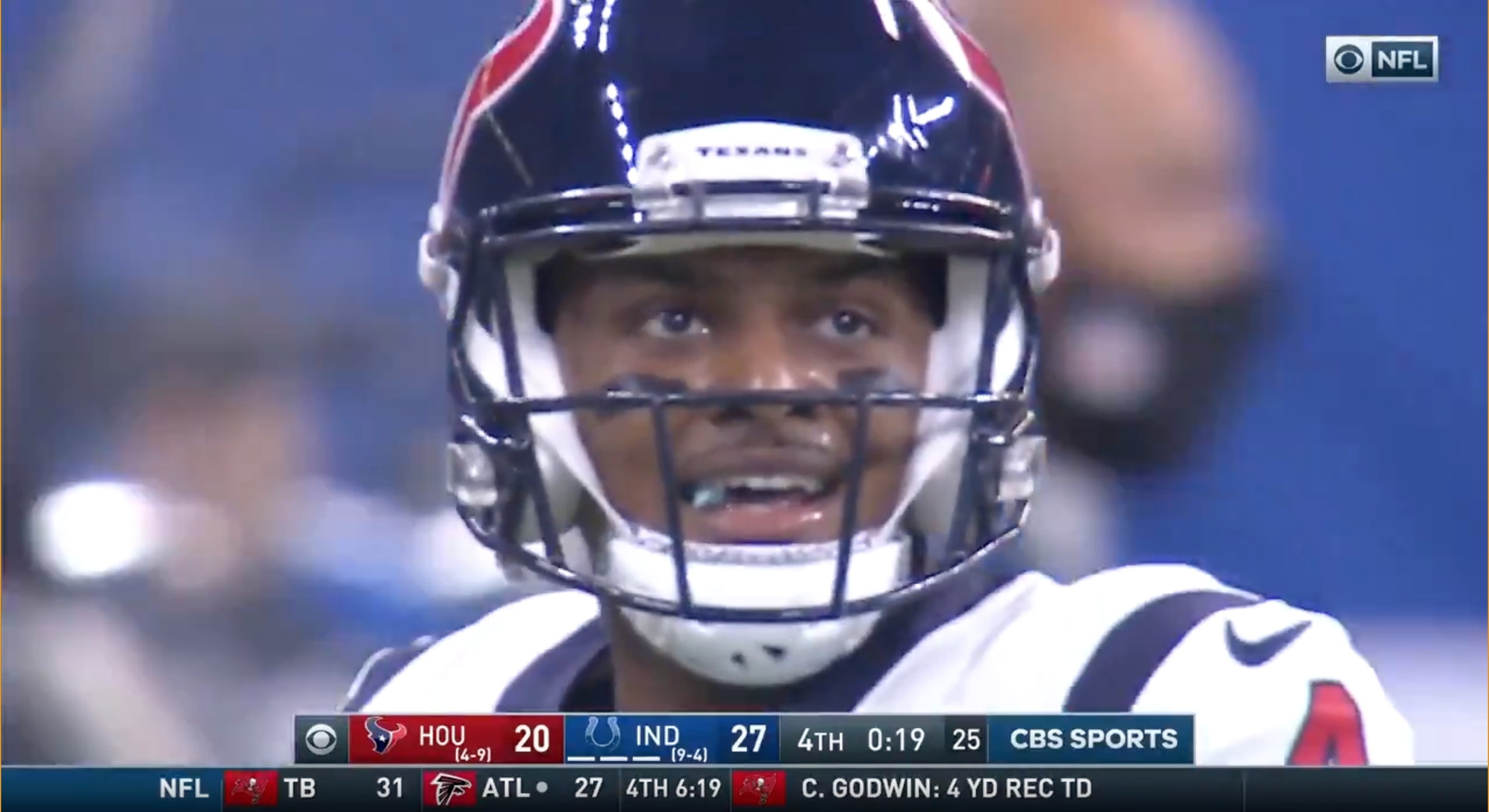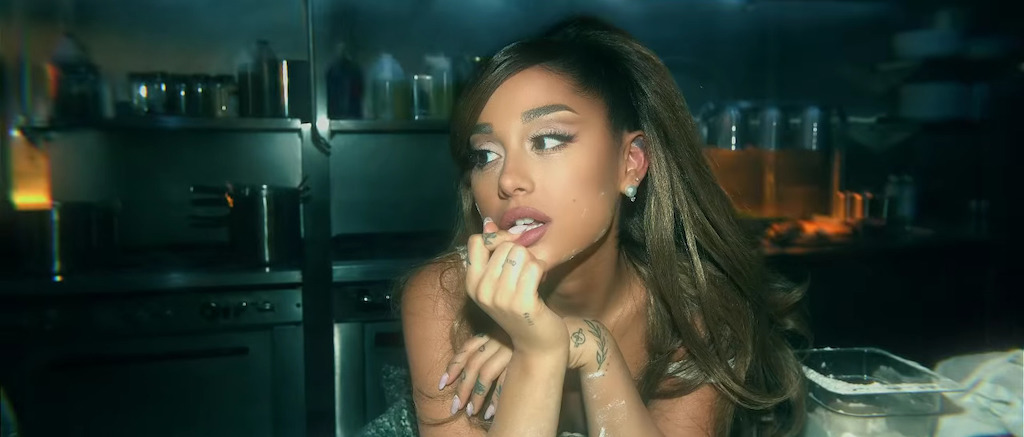
The beer world is built on buzz — literally and metaphorically. New and annual releases are hotly anticipated by the drinking public, amplified by outlets like this one, and, eventually, torn down so that new “it beers of the moment” can emerge. Only a few classics are able to endure the cycle year after year.
So why engage in it?
Well, because the process of sampling, evaluating, arguing, learning, and reevaluating cultural products — from food to film to language itself — is fun. Why else would people still write think pieces about Goodfellas or rank Beatle’s songs in 2020? And though expertise is important, when it comes to arguments about food and drinks, all opinions have some degree of validity. Because ultimately what you prefer relies on your unique palate.
Which is all a long way of explaining that we asked bartenders to name overhyped winter beers and some of their picks are beers we love. Some even made our “Best of 2020” list. So remember going in, the critiques offered below are simply opinions held by 10 people who serve beers on the daily. We’re not saying they need to be taken as gospel, you have every right to be outraged, appalled, and combative — that’s what the comments are for!
Samuel Adams Winter Ale
Deena Sayers, bartender at Common Ground in New York City
Sam Adams Winter Ale.
This brand has overwhelming popularity with their seasonal brews. However, that doesn’t necessarily mean they’re the best tasting ones on the market. I personally find the mouthfeel to be a little flat, and the taste is not overwhelming with those typical nostalgic winter flavors.
Goose Island Bourbon County Stout
Hayden Miller, head bartender at Bodega Taqueria y Tequila in Miami
Goose Island Bourbon County Stout. No disrespect to Goose, just feels as though the appeal started to wane with the acquisition by AB. No longer so worth the crazy hyped up wait around the block for this bottling.
Anchor Christmas Ale
Seth Falvo, bartender at The Hotel Zamora in St. Pete Beach, Florida
As much as I hate to say anything bad about a company that craft beer in the United States more or less owes its existence to, Our Special Ale by Anchor Brewing is wildly overrated.
Back in 1975, Anchor set the standard for Christmas beers in the United States by releasing the first American Christmas beer since the repeal of prohibition. But there’s a downside to setting the standard – you’re essentially making your product generic by default since it’s now the measuring stick that others are compared to. Our Special Ale seemingly pops up on every “X Must-Try Holiday Beers” list published in the United States, even though there are hundreds of American beers that taste identical to it, and dozens that are, frankly, better.
Anchor Brewing always releases quality beers, but for Our Special Ale to continue to receive such high praise is enough for me to warrant calling it “the most overrated winter beer.”
Southern Tier Pumking
Yasin Orhun Akinci, manager at Orient Express Bar in New York City
I don’t understand why people love aromatic bears like a pumpkin ale, etc. The beer should taste like beer. A great example is Southern Tier Pumking. Why not just eat a piece of pumpkin pie instead?
New Belgium Accumulation
Robert Gleim, managing partner of Bamboo Willie’s Beachside Bar in Pensacola, Florida
New Belgium Accumulation is my pick. It’s too fruity for a winter IPA and surprisingly light. They might make a better version of this for the Summer. I need a little more depth for the cooler months.
21st Amendment Fireside Chat
Erin Gowdy, bartender at Paul’s Landing in St. Petersburg, Florida
121st Amendment Fireside Chat is not necessarily overrated, but it is one of the most popular winter beers when there are so many lesser-known contenders. Local breweries are always a fantastic way to go for seasonal brews.
Sierra Nevada Celebration
Roberto Berdecia, bartender at La Factoria in San Juan, Puerto Rico
In general, the most overrated beer style is the IPA because most brewers use the hops to cover imperfections in the beer. If I was going to choose an overrated wintry IPA, I’d go with Sierra Nevada Celebration. It’s just not as good as the hype.
Writer’s Picks:
Brooklyn Winter Ale
Like many of the beers on this list, there’s nothing wrong with Brooklyn Winter Ale. It’s just not as good as the hype makes it out to be. While it’s malty, hoppy, and crisp, it’s a little too light to stand up to a cold winter night.
Deschutes Jubelale
This 6.7 percent holiday favorite isn’t bad, but it’s a little too potent in the flavor department for our liking. It’s okay to drink one bottle, but the overly sweet, spicy flavor is a little in your face.
Harpoon Winter Warmer
If you purchase this beer, you know what you’re getting. It’s designed to warm you up on a chilly day with the addition of flavors like cinnamon, nutmeg, and other spices. That said, those notes are just a bit too over-the-top for my palate.

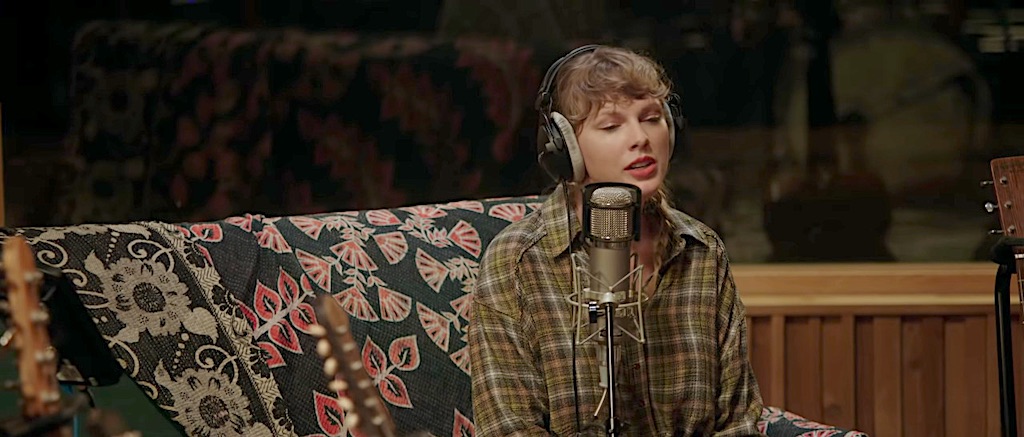
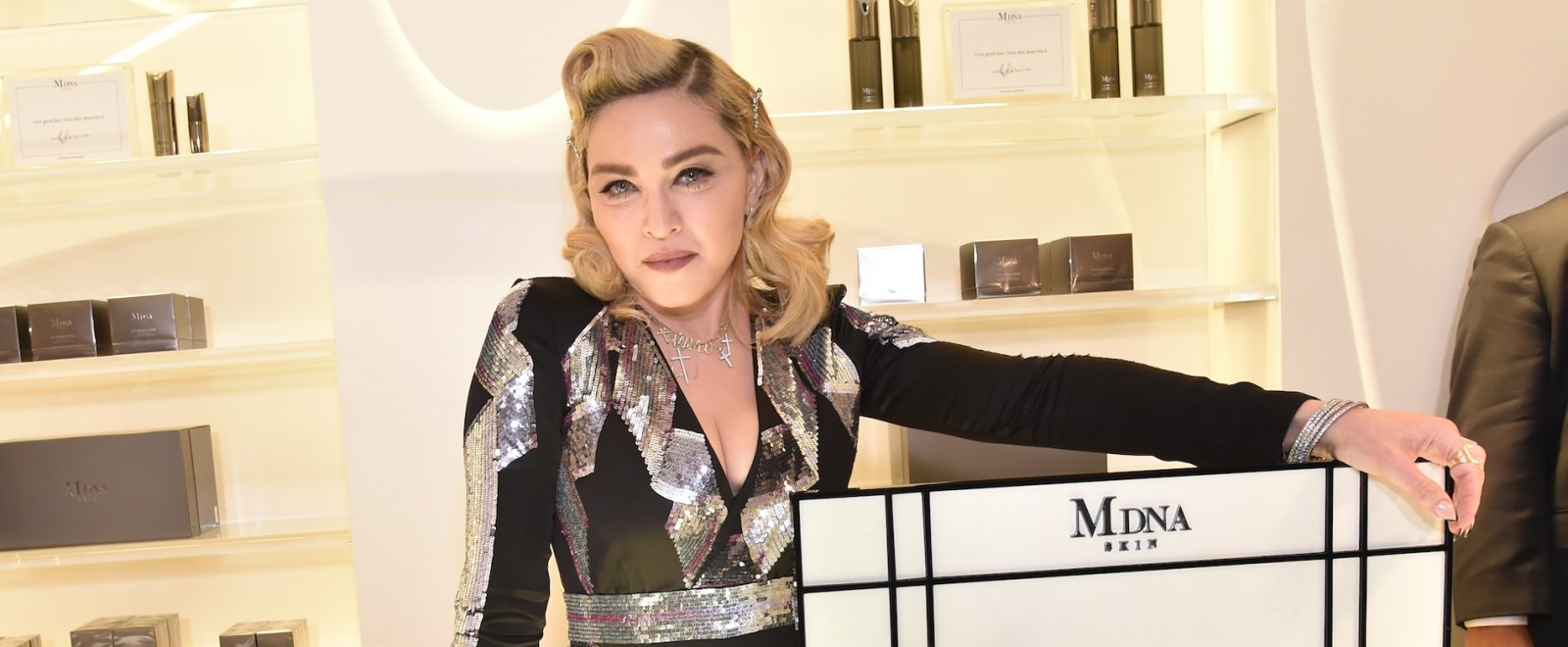

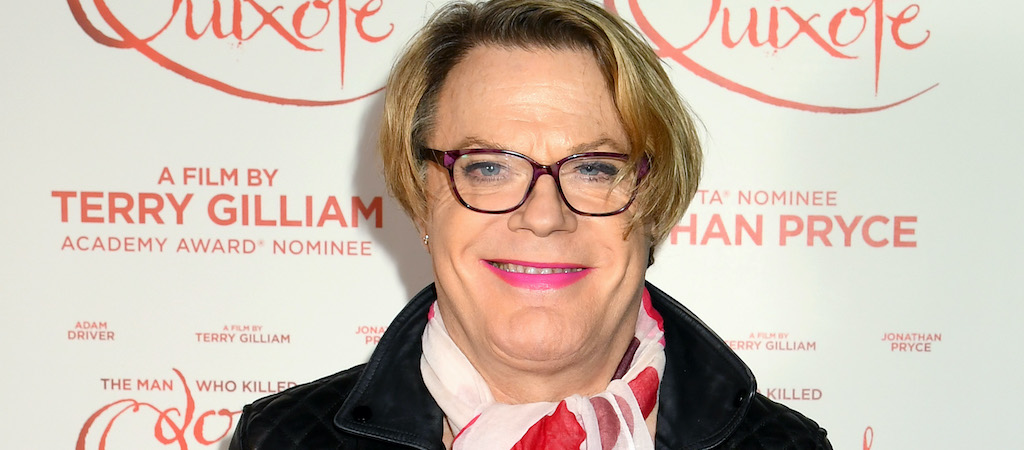

 (@cmclymer)
(@cmclymer) 
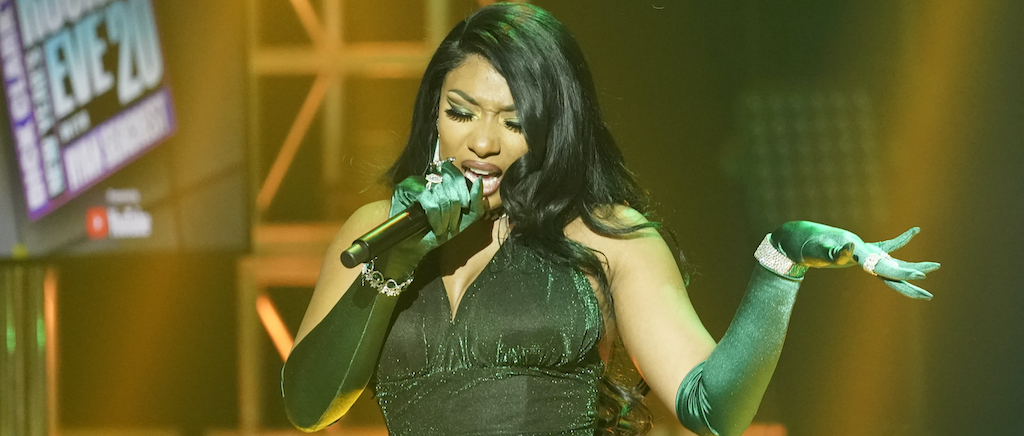


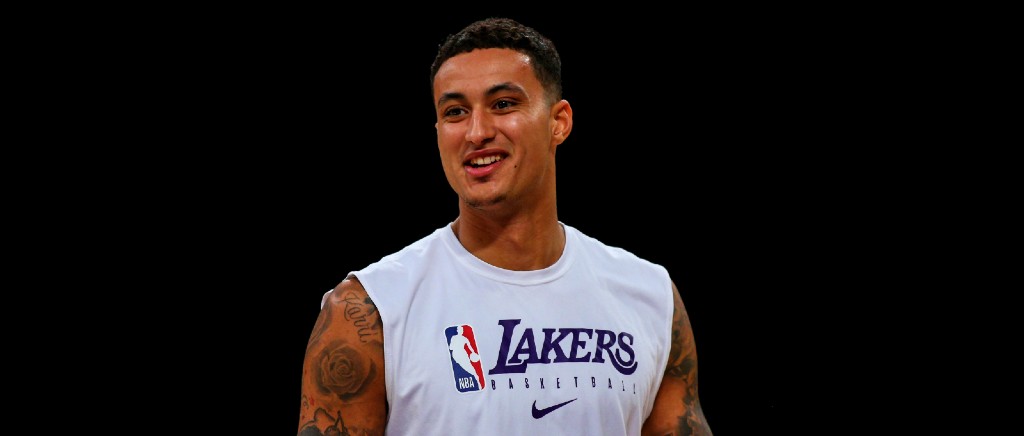
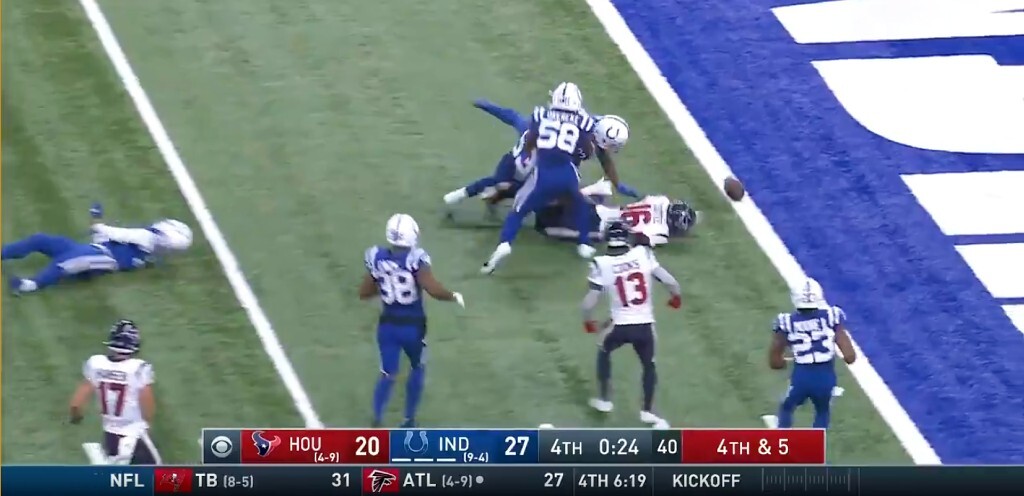
 :
:  : NFL app // Yahoo Sports app:
: NFL app // Yahoo Sports app: 